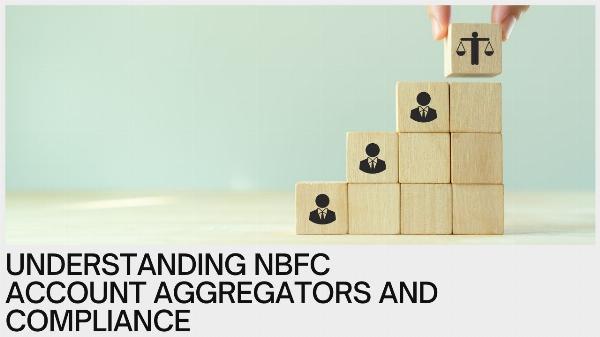 Core Web Vitals Boost – Speed Up Your Site & Your SEO!
Core Web Vitals Boost – Speed Up Your Site & Your SEO!
Different Forms of Routes in Foreign Direct Investment (FDI)
Written by Sunny » Updated on: June 17th, 2025

Foreign Direct Investment (FDI) plays a crucial role in the economic growth of a country by attracting foreign capital, technology, and expertise. For businesses and investors looking to expand globally, understanding the different routes available for FDI is essential. India, like many other countries, offers two primary routes for foreign investment: the Automatic Route and the Government Approval Route. In this blog, we will explore these routes in detail and help you understand how they function.
1. Automatic Route
The Automatic Route FDI is the most straightforward and hassle-free way for foreign investors to enter the Indian market. Under this route, FDI does not require prior approval from the government or any regulatory body. Investors can simply follow the necessary compliance regulations and begin their business operations.
Key Sectors Covered Under the Automatic Route:
- Manufacturing
- E-commerce
- Renewable Energy
- Healthcare
- Education
For most sectors, 100% FDI is allowed under the Automatic Route. This means that foreign investors can own the entire stake in a company without needing permission from the government. However, they must still adhere to the sectoral limits and other regulatory conditions set by the Reserve Bank of India (RBI) and the Department for Promotion of Industry and Internal Trade (DPIIT).
Advantages of the Automatic Route:
- Faster Process: No need for lengthy approval procedures, saving time for investors.
- Ease of Entry: Investors can start operations immediately by following basic compliance rules.
- Increased Investor Confidence: Clear and transparent rules make it easier for foreign businesses to plan long-term investments.
2. Government Approval Route
The Government FDI Approval Route, also known as the Approval Route, requires foreign investors to seek prior approval from the government before investing in certain sectors. This process involves applying through the Foreign Investment Facilitation Portal (FIFP), which is then reviewed by relevant ministries.
Key Sectors Requiring Government Approval:
- Defence and Military
- Media (News channels, Broadcasting)
- Real Estate
- Private Security Agencies
The government assesses the application to ensure that foreign investment aligns with national interests, security concerns, and other economic policies. Once the approval is granted, the investor can proceed with the investment.
Advantages of the Government Approval Route:
- Increased Safeguards: Government review ensures that investments in sensitive sectors are in line with the country’s strategic interests.
- Sector-Specific Flexibility: Some sectors may allow higher FDI limits through the approval process, creating additional opportunities for foreign investors.
3. Difference Between Automatic and Government Routes
- Approval Process: The Automatic Route requires no government approval, while the Government Route requires prior approval before investment.
- Sector Restrictions: Under the Automatic Route, most sectors are open for 100% foreign investment. In contrast, the Government Route usually applies to sensitive sectors where national interests need protection.
- Time and Effort: The Automatic Route is quicker and easier, while the Government Route involves more formalities, paperwork, and time.
4. Conclusion: Choosing the Right Route for Your Business
Understanding the difference between the Automatic Route and the Government Approval Route is critical for foreign investors looking to enter India. If your business operates in a non-sensitive sector, the Automatic Route offers a faster and smoother entry process. However, if you plan to invest in regulated industries like defence or media, you will need to navigate the Government Route and seek approval first.
Both routes serve to encourage foreign investment while ensuring that it aligns with the country’s economic policies. By choosing the right route for your business, you can take advantage of India’s growing market and contribute to its dynamic economy.
Read also: Benefits of Foreign Portfolio Investor Registration
Note: IndiBlogHub features both user-submitted and editorial content. We do not verify third-party contributions. Read our Disclaimer and Privacy Policyfor details.
Copyright © 2019-2025 IndiBlogHub.com. All rights reserved. Hosted on DigitalOcean for fast, reliable performance.














